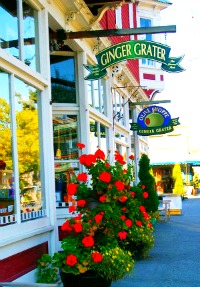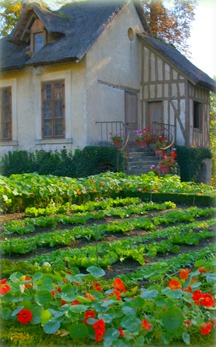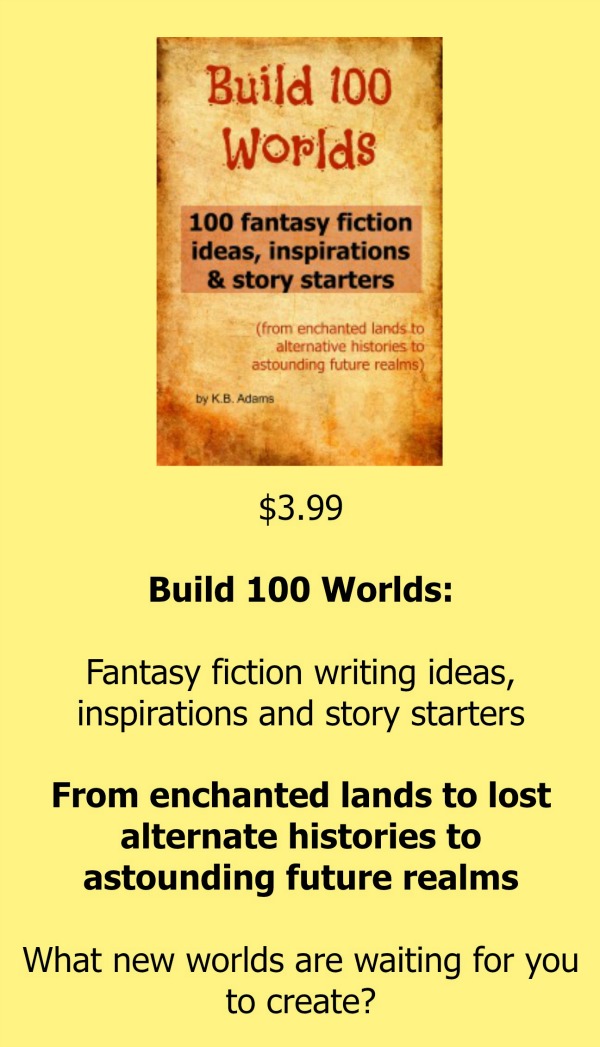“After nourishment, shelter and companionship, stories are the thing we need most in the world.” -- Philip Pullman

Thank you for arriving here! We have several articles (some below and more to the left) to help your fantasy and sci-fi fiction come to life with blockbuster -- or better -- quality.
Enjoy.
_________________

In fantasy fiction/sci-fi small town settings, consider these social layers to make your characters' interactions believable

Whether your small town setting is low fantasy (Forks, Washington, Twilight) or high fantasy (Hobbiton, Lord of the Rings), small towns from fantasy earths to galactic worlds operate under familiar (yet sometimes invisible to the normal human observer) social layers. If your fantasy novel purposely dismisses this endearing trait among social creatures who gather to live amidst each others' company, at least know the rules you're breaking. And remember that fantasy worlds may come from the edges of imagination, but many readers don't want basics, such as heroism, romance, the individual's need for autonomy balanced with familiar social interactions to be dropped from the interweavings of the story.
Here are three social levels of small towns: Take note of these especially if your character either moves into a new small town, or is entrenched in one and has to deal with a different new character coming through town.
______________
_________________

Real life experiential fantasy novel research on a budget

We
occasionally hear arguments that true authors must experience their
research in real life if they haven't already lived it. They can’t just
read about China, they must go and live there for a time. They can’t
simply watch videos of small craft piloting, they must take lessons and
become an expert. And if the experience or location is purely
imagination? Then they at least must make-shift something similar and
live it for a time.
And who doesn’t want to travel to exotic places and immerse in local cultures? Wouldn’t we love to book a three month vacation inside a future weightless dome community. How about actually spending a season as a medieval shepherd, guiding a flock into high mountain meadows for summer until it’s time to return to the valley’s freshly hay-stocked barns in autumn.
Luckily there is a research middle ground for fantasy fiction writers on a budget who want to incorporate detail and richness into their stories that comes from actually experiencing the research. And it can lead to such career success that these writers eventually can expand their real life experiential research to more world travel and the like.
______________
_________________


Researching horses for your fantasy novel? Here are lesser-known facts and under-the-radar information resources
Does your fantasy story's half-fairy character ride and live with wild horses? Does your knight need a groom who secretly knows how to enhance his equine mount’s strength above all others? Researching a prehistoric fantasy novel that includes horses? Here are some lesser-known facts and obscure research sources that reveal surprising secrets many, even modern horse experts, don’t yet know about these glorious creatures of our world.
______________
_________________

Need a unique agricultural system to feed your fantasy world's population? Or peasant cottage farms? Or utopian Eden-farms?

Even
in high fantasy worlds such as Middle Earth, or future regions such as
District 13, food attainment is often a satisfying backstory if it’s
grown, hunted or foraged vs. developed solely in a laboratory or created
entirely with magic fairy dust. If your characters consume food and medicinal plants, or if you need ancient royal, monastery or cottage farming methods, here's how it's been done in long ago times, and how, now with the backing of science, it may be done again.

______________
Helpful articles originally from our sister site Great Group Activities, and now migrated here or to our Country Living Hub:
- The "branching" method to tap into your original creativity.
- Make your reading group's latest fiction title come alive with these book club activities.
- Revive the old fashioned radio show gathering with a modern twist -- audio fantasy fiction


